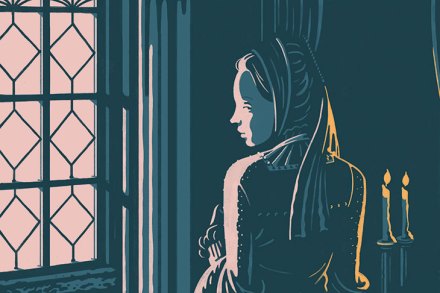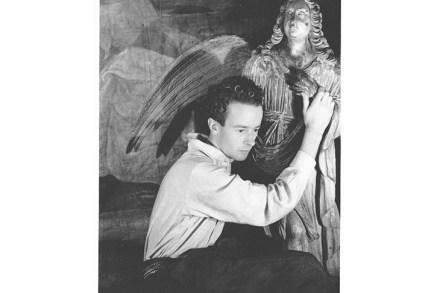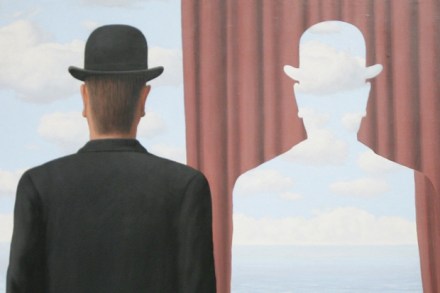The violence of poverty
Neel Mukherjee has had a two-handed literary career, working as a reviewer of other people’s novels and writing his own. In 2014, his second novel, The Lives of Others, was shortlisted for the Man Booker Prize. His latest book is a state-of-the-globalised-nation novel which gives human particularity to those deadened concepts we pass around such as migration, inequality and neoliberalism. A State of Freedom breaks into five chapters, each telling the story of a distinct individual in India, whose connection to the others is only fully revealed in the final pages. Mukherjee has observed wryly that due to stereo-typical ideas about the Indian novel, whatever their formal properties, his fictions



















